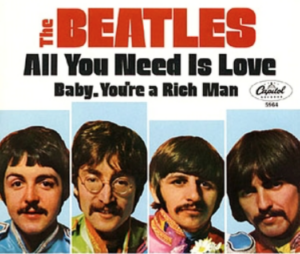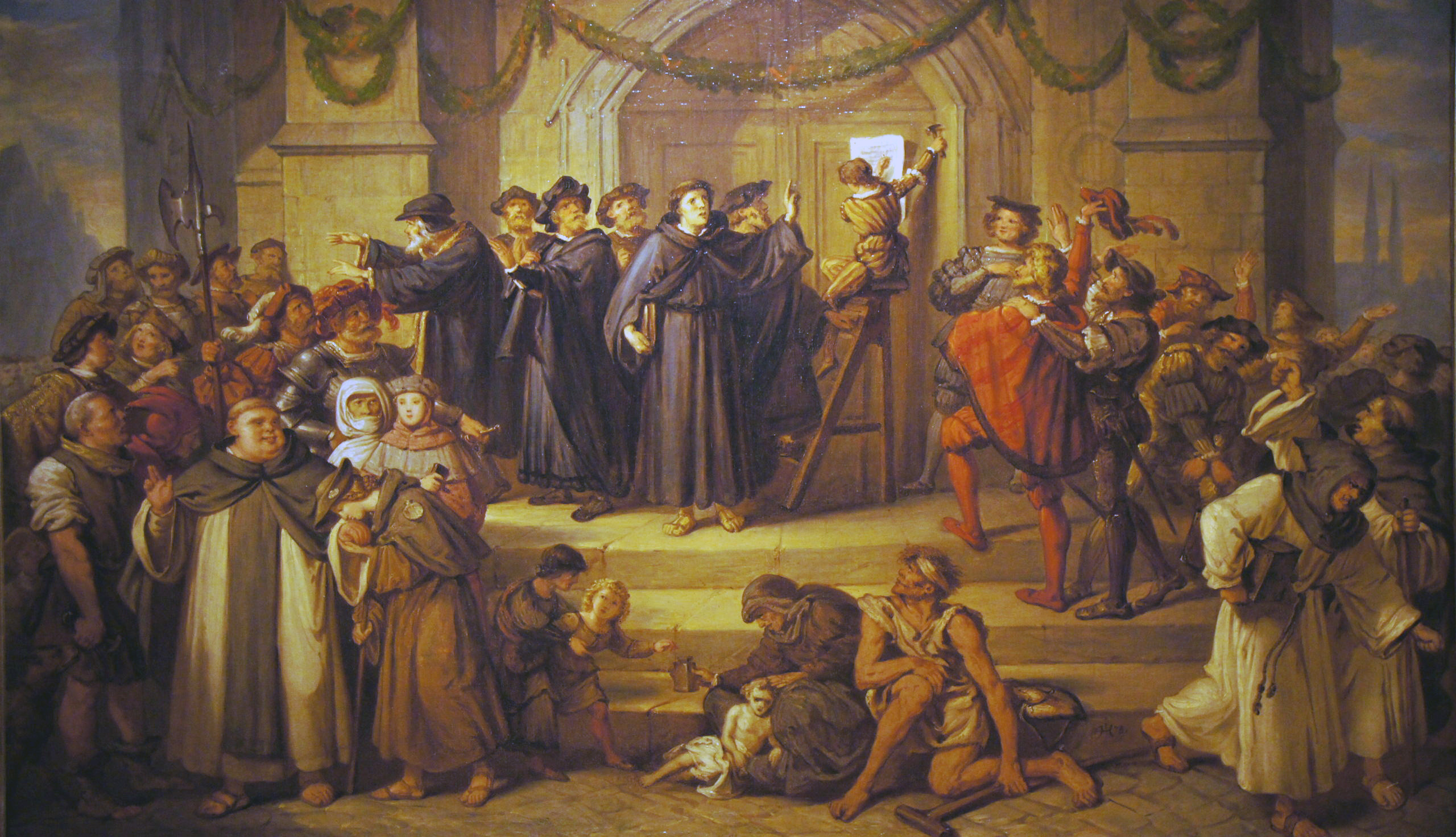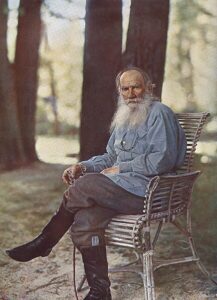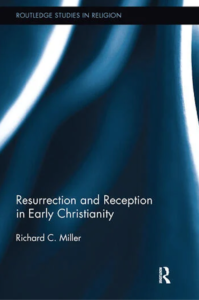The communism of antiquity, 7th and last
by Alain de Benoist
Editor’s note: I didn’t invent the term ‘neo-Christianity’.
Remember that this essay was published in French
almost… half a century ago!:
______ 卐 ______
In his essay on The End of the Ancient World (op. cit.), Saint Mazarin rightly recalls that, until recently, the culture of the Late Empire has always seemed to us ‘qualitatively inferior to that of the great civilisations that preceded it’. But today, he says, this is no longer the case: ‘All the voices of the “decadent” Roman world, between the 3rd and 6th centuries, have become accessible to us’. Conversely, ‘we can say that decadentism, expressionism and other modern categories of literary or artistic criticism are so many ways of understanding the world of the Late Empire… The kinship between our age and that world is a fact on which everyone can agree’. And he finally asks: ‘To what extent can we extend this revaluation of the poetry and art of the Late Empire to manifestations of social and political order?’
Curiously, Mazarino, for whom we probably live in the best of all possible worlds, draws from this observation the moral that the idea of decadence is illusory. At no point does he think that if the Late Empire seems more worthy of appreciation to our contemporaries, it is because they find stigmata familiar to them in it. After all, the current period refers like no other to the image of the tenebrae that Erasmus spoke of, and it is this similarity that has put us in a position to appreciate what previous generations, in better health, could not see.
Indeed, studying the conditions in which the Roman Empire died is not only of historical and abstract interest. The kinship between the two conjunctures, the parallel often drawn between those conditions and those that prevail today, makes it profoundly relevant. Moreover, many admit, with Louis Rougier, that ‘revolutionary ideology, socialism, the dictatorship of the proletariat, derive from the pauperism of the prophets of Israel. In the criticism of the abuses of the old regime by the orators of the Revolution, in the prosecution of the capitalist regime by the communists of our days, the echo of the furious diatribes of Amos and Hosea against the course of a world in which the insolence of the rich oppresses and flays the poor resounds; as do the harsh invectives of Jewish and Christian apocalyptic literature against imperial Rome’ (op. cit.).
Celsus would not find it challenging to identify even today ‘a new race of men, born yesterday, without a country or traditions…, united against all institutions… and glory in common execration.’ Once again, in the Western world, the fanatici, sometimes living ‘in community,’ truly stateless, hostile to all ordered structures, to all science, hierarchy and borders, to all selection, separate themselves from the world and denounce the ‘Babylon’ of modern times. Just as the first Christian communities proclaimed the abolition of all natural categories for the exclusive benefit of the ecclesia of believers, today, a neo-Christianity [Editor’s emphasis] is spreading, which announces the imminent advent of a new Parousia, of an egalitarian world unified by the overcoming of ‘old quarrels,’ the socialisation of Love and the flight forward in the delay of the ‘social.’ On December 30, 1973, Brother Roger Schutz, Prior of Taizé, declared: ‘Above all, there must be Love, because it is Love that gives us unity.’

Ancient Christianity rejected the world. The Church of classical times distinguished the order above from that of here below. Neo-Christianity boldly transferring its secular hopes from heaven to ‘here below’, secularises its theodicy. It no longer celebrates the solemn marriage of converts with the mystical Bridegroom but the marriage of Christ and humanity through the intercession of the universal Spirit of socialism. It too rejects the world, but only the present one, affirming that it can be ‘changed,’ that another must succeed it, and that the messianic union of the ‘disadvantaged’ can, through its intelligent intervention, fulfil on earth the old dream of the biblical prophets: to stop history and make injustices, inequalities and tensions disappear.
‘Today more than ever, the Greek Spirit, transformed into a scientific spirit, and the messianic spirit transformed into a revolutionary spirit, are irreconcilably opposed. The existence of cold-blooded sectarians and fanatics to whom subjective participation in a body of revealed truths, in gnosis, gives, in their own eyes, rights over everything and everyone, the right to do everything and to allow themselves everything, persists in posing a question of life or death to a society that is on the verge, not of a war of religion, but of something close to that historical plague: the war of civilisation’ (Jules Monnerot, Sociology of the Revolution, Fayard, 1969).
Certain critics repeat against European civilisation and culture the words of Orosius and Tertullian against Rome: today’s setbacks are the punishment for its past faults. It pays for its ‘pride’, wealth, power, and conquests. The barbarians who come to plunder it will make it atone for the sufferings of the Third World, the impotent ambition and the humiliation of the poorly endowed. On its ruins, the Jerusalem of the new times will be built. Then, we will see the disappearance of ‘the veil of mourning that veiled all peoples, the shroud that covered all nations’ (Isaiah XXV, 7). We are once again faced with the same moralising interpretation of history. But neither history nor the world is governed by morality.
The world is mute: it gravitates in silence. In his essay on The Jewish Question, Marx stated that only communism could ‘fulfil in a profane way the human foundation of Christianity’, thus pointing out the ‘revolutionary inadequacies’ of Christian doctrine (‘religion of the slaves, but not a revolution of the slaves’) and the affinities between the two prophetic systems, the spiritual and the terrestrial. Roger Garaudy clarifies these words by recalling that Christianity was ‘an element that disintegrated Roman power’. He adds:
The hostility to the imperial cult, the refusal to participate in it, and even more so the prohibition of Christians from serving militarily in the Empire at a time when recruitment was becoming increasingly difficult and when the number of Christians was increasing daily, a prohibition which persisted until the 4th century, had a clear revolutionary meaning. Moreover, there is in the character of Christ, magnified by the collective imagination of the first Christians, and heir of numerous messiahs similar to the Essene ‘Lord of Justice’, an undeniable revolutionary aspect (Marxisme du XXe siecle, La Palatine, 1966).
Engels, who reminds us that ‘like all great revolutionary movements, Christianity was the work of the popular masses,’ also noted the kinship between the two doctrines: the same messianic certainty, the same eschatological hope, the same conception of truth (well perceived by O. Tillich).
In early Christianity, he sees ‘a completely new phase of religious evolution, destined to become one of the most revolutionary elements in the history of the human spirit’ (Contribution a l’histoire du christianisme primitif, in Marx and Engels, Sur la religion, selection of texts, Ed. Sociales, 1960). And in his eyes, Christianity is the non-plus ultra of religion, the ‘consummation’ (in the sense of Aufhebung) of all the religions that preceded it. Having become the ‘first possible universal religion’ (Engels, Bruno Bauer and Early Christianity) it is also, by the force of things, the last: every end marks a caesura, which implies another beginning. After Christianity, assuming that there is an ‘after,’ there can only come its overcoming.
Joseph de Maistre said: ‘The Gospel outside the Church is a poison,’ and Father Daniélou: ‘If we separate the Gospel from the Church, it loses its temper.’ These words have their whole meaning today, when the Church, the new catoblepas[1], seems to want to abolish its history and return to its origins. Throughout the two millennia, structures of order were established within the Church which, while adapting to the European mentality, allowed it to put into form and reason the dangerous evangelical message; the ‘poison’ having been softened, the faithful had become Mithridatic.
Today, neo-Christianity wants to put these two millennia in parentheses to return to the sources of a genuinely universal religion and give a more significant impact to its message. So, if it is true that we are living through the ‘end’ of the Church (not, indeed, of the Gospel), this end takes the form of a return to a beginning. The Gospel (pastoral ministry) increasingly separates itself from the Church (dogmatics). But this is simply a repetition: the tendency is to bring Catholics back to the ‘revolutionary’ conditions in and through which early Christianity was created. Hence, the interest of this historical overview which, while showing us what happened, tells us at the same time what awaits us.
___________
[1] The animal of which Pliny the Elder speaks, slow and stupid in appearance and which killed with its gaze (Translator’s note).









